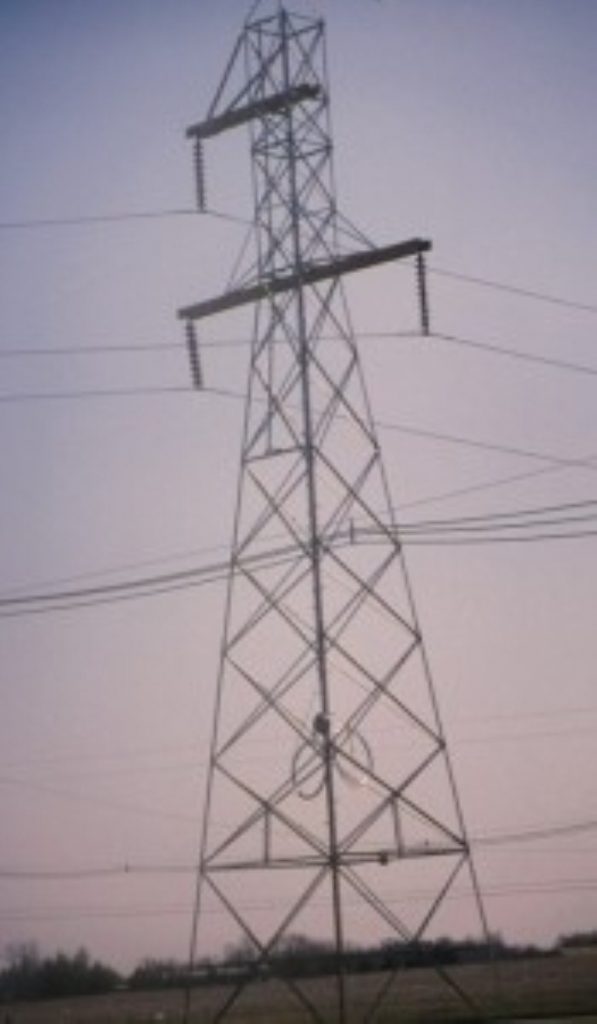Energy customers ‘left waiting months for refunds’
Energy customers are having to wait months, and sometimes years, to receive refunds from companies on overpaid bills, according to a report by the consumer watchdog.
The energy consumer watchdog, Energywatch, highlights that energy consumers warned that companies have a ‘go-slow’ policy towards refunding their customers.
In the last twelve months, the watchdog has fought the case for 6,000 consumers seeking £2 million of refunds from energy companies. On average each consumer was owed £350 and some were owed more than their entire annual energy bill.
Energywatch Chair, Ann Robinson, accused the companies of double standards as, if consumers owed this money, the companies would begin legal action to reclaim their money.


Mrs Robinson commented: ‘This is the worst kind of double standards. If the boot was on the other foot, energy consumers would soon be receiving letters threatening disconnection or court action.
‘Yet thousands of consumers who have paid for their energy in advance and are merely asking for what they are owed are coming up against a brick wall.’
The problem arises when a customer has continually overpaid via a direct debit or when an account is shown to be in credit.
Mrs Robinson is concerned that the true figures for the amount of people awaiting refunds may be much worse. She is also concerned that the lengthy delays may be leaving consumers in debt.
Mrs Robinson added: ‘These are cases of incompetence combined with arrogance and consumers are being placed under enormous pressure. This is quite unacceptable.’
Energywatch argued that the solution to the problem is simple. The watchdog wants energy companies to refund consumers immediately after a credit has been identified or begin discussions to reduce a monthly direct debit payments.
If there is a delay in consumers receiving their money, the watchdog wants a rate of interest charged on the companies. Energywatch claims that the companies receive the interest on the overpaid monies but do not pay this to consumers












